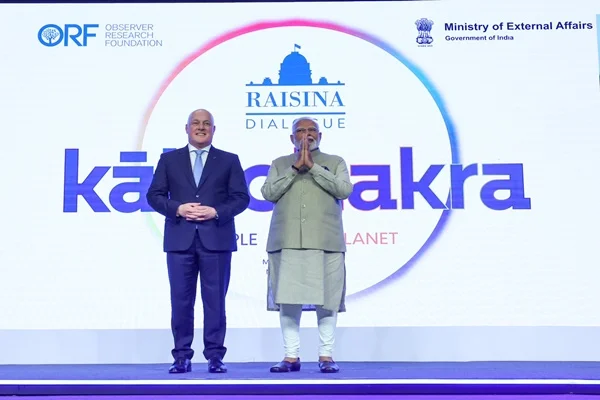India has reached a significant milestone in renewable energy production, marking a major step towards its sustainable energy goals and reducing dependence on fossil fuels
India’s Renewable Energy Journey: A Path to Sustainability
India has made significant strides in renewable energy, marking a crucial step towards a sustainable future. In 2024, the country added a record 24.5 GW of solar capacity and 3.4 GW of wind capacity. This surge propelled India’s total non-fossil fuel-based energy capacity to 217.62 GW as of January 2025. Solar energy now accounts for 47% of India’s total installed renewable energy capacity, with utility-scale solar installations contributing significantly to this growth. Rajasthan, Gujarat, and Tamil Nadu led the way, accounting for 71% of the country’s utility-scale solar capacity.
The rooftop solar sector also saw substantial growth, with a 53% increase, adding 4.59 GW of new capacity. This was partly driven by initiatives like the PM Surya Ghar: Muft Bijli Yojana, which facilitated the installation of 7 lakh rooftop solar systems. Additionally, the off-grid solar sector experienced a remarkable 182% surge, adding 1.48 GW in 2024, enhancing rural energy access.
Wind energy continued to progress, with Gujarat, Karnataka, and Tamil Nadu accounting for 98% of the new 3.4 GW capacity. These states have leveraged favorable wind conditions to enhance their energy mix. The government’s policy interventions, financial support, and initiatives in green hydrogen and manufacturing expansion played a crucial role in these achievements.

India’s commitment to renewable energy is evident in its ambitious target of achieving 500 GW of non-fossil fuel-based energy capacity by 2030. The country has already crossed significant milestones, including reaching 200 GW in renewable energy capacity and achieving 100 GW in solar energy capacity. These milestones underscore India’s leadership in sustainable development and its efforts to reduce reliance on fossil fuels.
The expansion of renewable energy capacity has attracted substantial investments, with proposals worth over ₹28 lakh crore. Environmentally, the increased adoption of renewables is expected to significantly reduce carbon emissions, aligning with India’s commitment to achieving net-zero emissions by 2070. However, challenges such as financial constraints, skill shortages, and infrastructural bottlenecks persist. To sustain momentum, India aims to enhance investments, develop a skilled workforce, and refine policies to support renewable energy growth.
Challenges and Future Directions
Despite the achievements, India faces several challenges in its renewable energy sector. Financial constraints and a shortage of skilled labor pose significant threats to the timely execution of renewable projects. The sector faces a funding gap of approximately ₹2 trillion, necessitating urgent measures to de-risk investments and attract more capital. To address these challenges, India plans to encourage both public and private sector investments and implement comprehensive training programs to build a skilled workforce.
The government continues to refine policies to create a conducive environment for renewable energy development, including incentives for innovation and adoption of new technologies. Initiatives like the waiver of Inter-State Transmission System (ISTS) charges for solar projects have incentivized investments in the solar sector. Technological advancements in solar panel efficiency and reductions in manufacturing costs have made solar energy more accessible and economically viable.
Private sector participation has also been crucial, with significant investments from conglomerates like Adani Green Energy and Tata Power propelling large-scale solar projects. These efforts have contributed substantially to the overall capacity and positioned India as a global leader in sustainable development.
Conclusion and Future Outlook
India’s progress in renewable energy is a testament to its commitment to a sustainable future. As the country moves forward, addressing existing challenges will be crucial to sustaining and accelerating this momentum. By fostering an ecosystem conducive to renewable energy growth, India is well on its way to achieving its ambitious targets.
India’s journey towards clean energy is not just about meeting targets; it’s about creating a better future for generations to come. The country’s leadership in renewable energy sets an example for other nations to follow, highlighting the potential for sustainable development without compromising economic growth.
Question: What do you think are the most significant challenges India will face in achieving its renewable energy targets, and how can these be addressed effectively?



 By
By


















